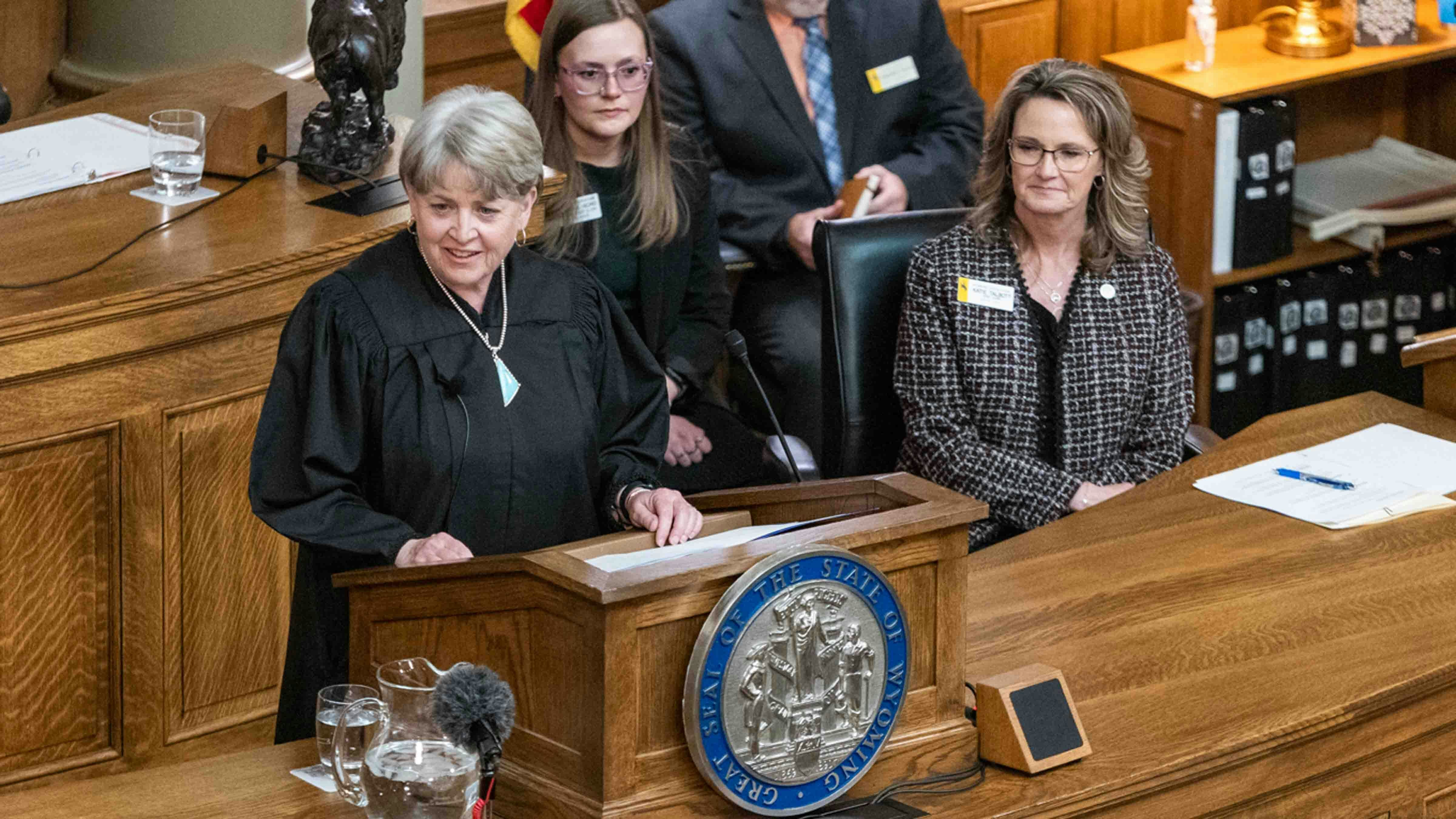When Wyoming passed a law protecting doctors who prescribe drugs off-label, the state excluded providers of abortion drugs from that protection.
The judge presiding over the latest in a series of pro-choice challenges blocked that exception Monday, saying it leaves abortion providers exposed to consequences in a way that could pose both constitutional wrongs and health issues to people.
Some Wyoming lawmakers had controversial COVID-19 drug Ivermectin in mind when they passed House Bill 164 in this year’s lawmaking session.
The bill, which becomes effective Tuesday, gives prescribers the lawful authority to prescribe U.S. Food and Drug Administration-approved drugs off-label, within their scope of practice, without having to face official discipline.
But it carves out of the new protections any drug “intended to induce an abortion.”
A pro-choice coalition that, with some variance in membership, has been challenging Wyoming’s abortion-restricting laws since 2022, asked District Court Judge Thomas Campbell to block the exception. That would mean abortion-drug prescribers could enjoy the same protections as other providers prescribing drugs off-label.
Hair-Splitting
The state of Wyoming argued in its own defense that the exception “does not make it illegal” to prescribe abortion drugs off-label.
Campbell disagreed.
“(That’s) semantic hair-splitting,” wrote the judge in a Monday preliminary injunction order. “The statute draws a bright line between permissible off-label uses and those it aims to restrict, abortion among them.”
Limiting access to abortion medication is “precisely” what the carve-out does, Campbell added.
The new law also excludes from its safe harbor providers prescribing sex-change treatments to kids, but Campbell wasn’t called upon to address that provision.
Teton County District Court Judge Melissa Owens in November struck down Wyoming’s near-outright ban on abortions and another ban on chemical abortion drug marketing and prescription as unconstitutional.
That decision is under review by the Wyoming Supreme Court.
And Campbell in April temporarily blocked two more abortion laws: one requiring ultrasounds and one requiring the state’s only abortion clinic to certify as a surgical center, under the same rationale — that the Wyoming Constitution likely views abortion access as a protected health care right.
Abortion is legal up to the point of viability in Wyoming. Only two outcomes at this point could change that: a reversal from the Wyoming Supreme Court and/or a change in the state Constitution’s promise of health care autonomy.
The Mourning And Rejoicing
Wellspring Health Access, which runs Wyoming’s only abortion clinic, rejoiced Monday at the judge’s decision.
“It’s important to celebrate each positive milestone in the arduous battle for reproductive justice,” wrote Wellspring Executive Director Katie Knutter in a Monday statement. “But the fight is not over. Wellspring continues to monitor legislation at the state and federal levels.”
But the Wyoming Freedom Caucus, a group of pro-life Republican state lawmakers, criticized the decision in a Monday statement.
“Retired Wyoming judge enjoins more protections for unborn babies,” wrote the caucus. “This is the imperial judiciary (U.S. Supreme Court Justice) Ketanji Brown Jackson longs for — and it’s wrong.”
That was a reference to the high court’s Friday ruling in Trump v. Casa, holding that it is “likely” unlawful for federal judges to issue universal injunctions. Brown Jackson penned a dissent in that case that called the majority ruling “a seismic shock to the foundational norm.”
Campbell is, as the post says, retired, which means he does not have to stand for retention before the voters as a normally-seated Natrona County District Court judge would have, if one had overseen this case.
The Wyoming Constitution and law both allow for retired judges to step in to serve overburdened courts.
Clair McFarland can be reached at clair@cowboystatedaily.com.





